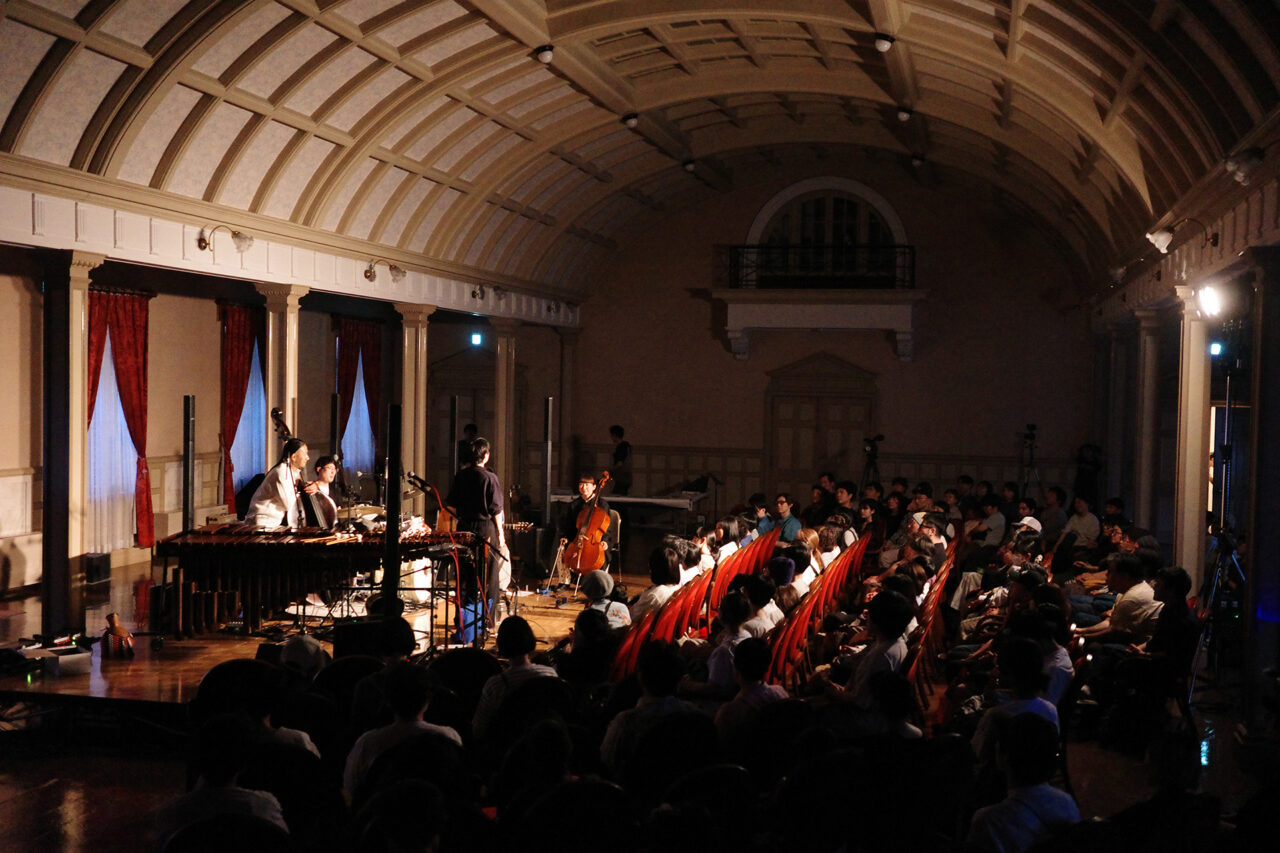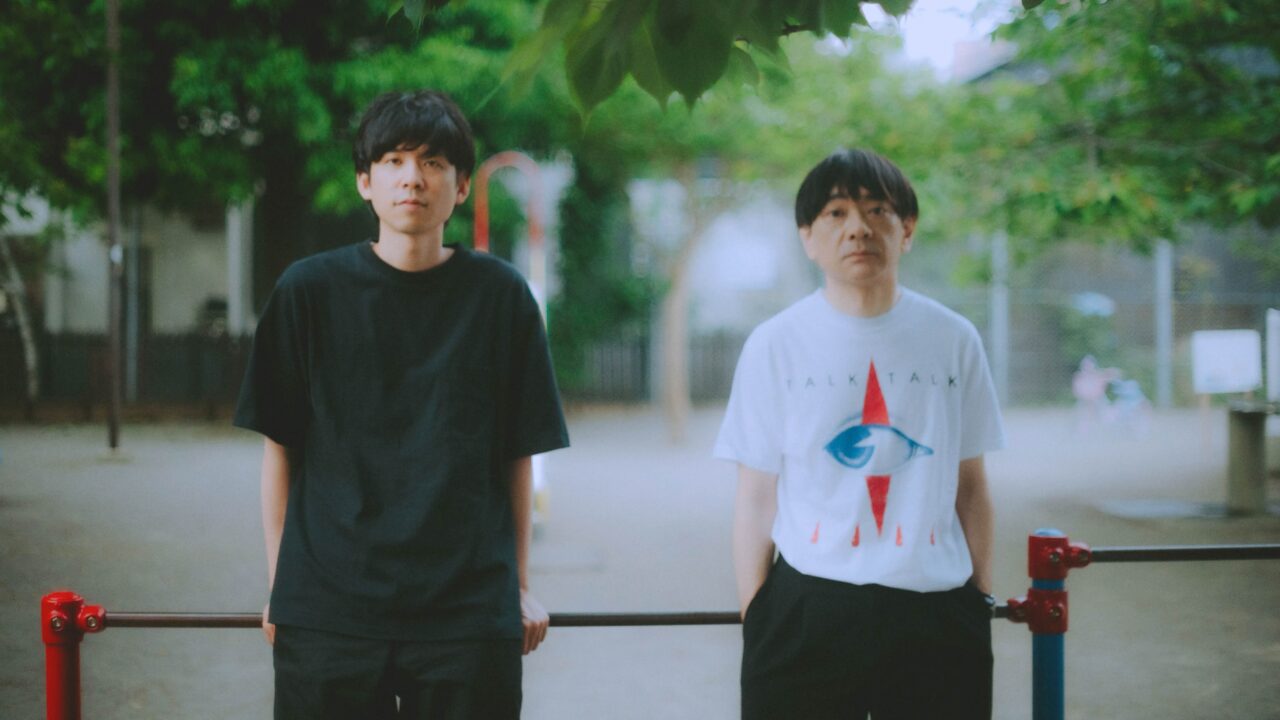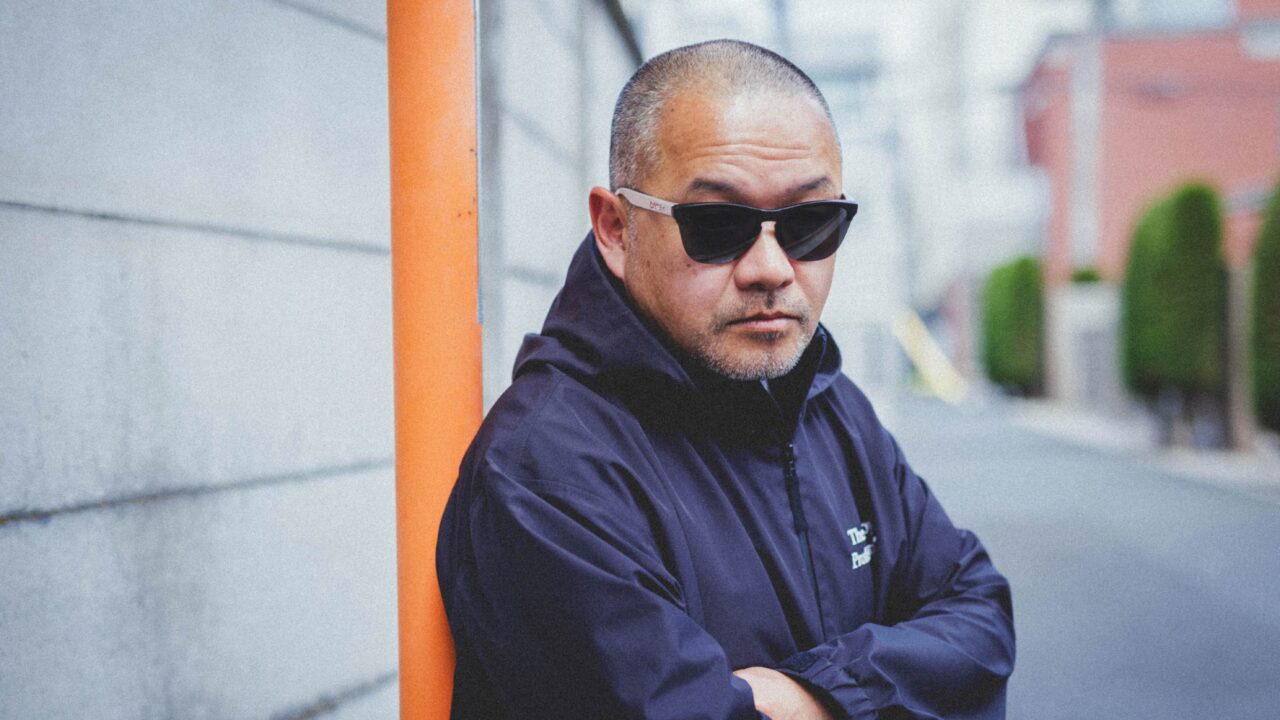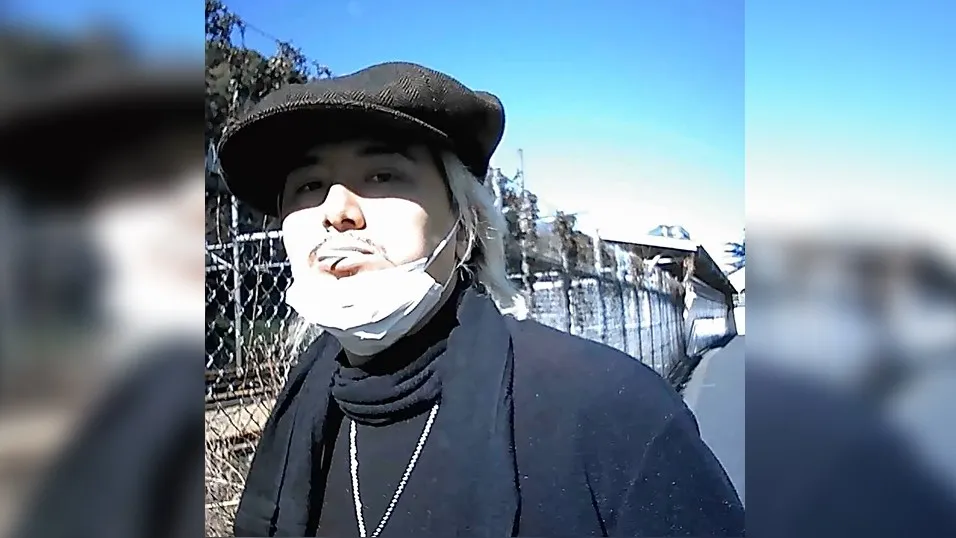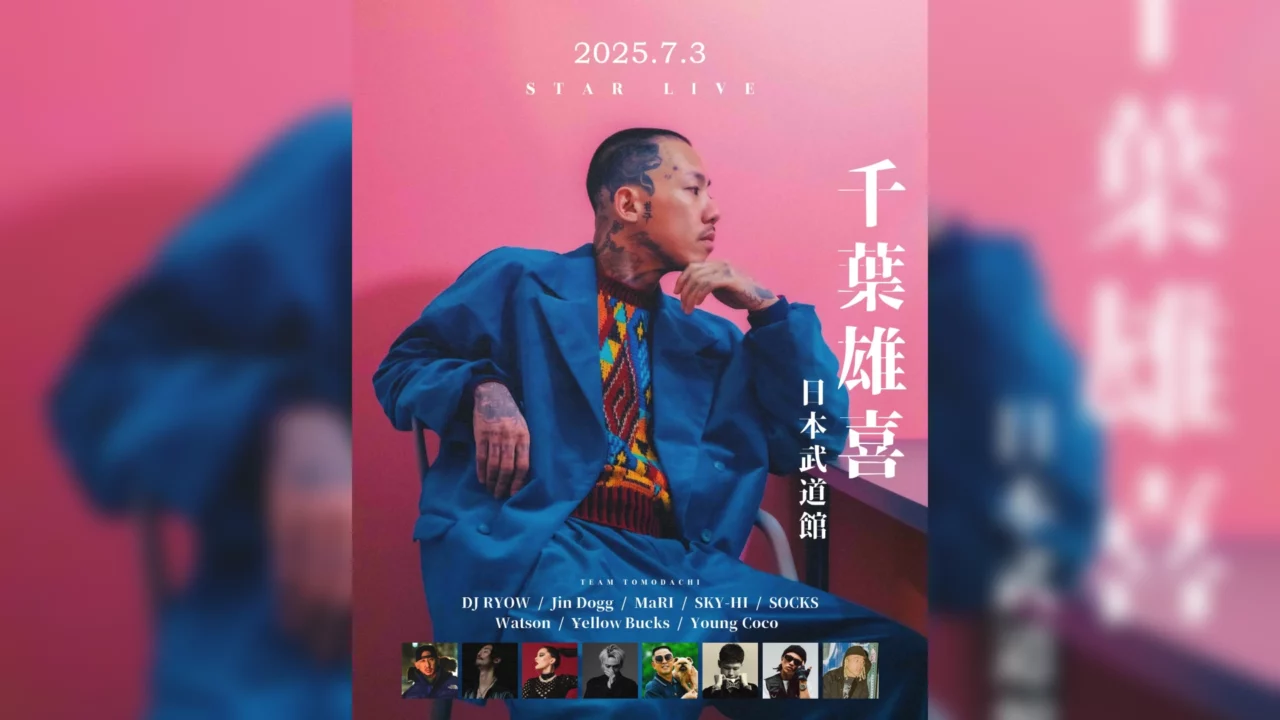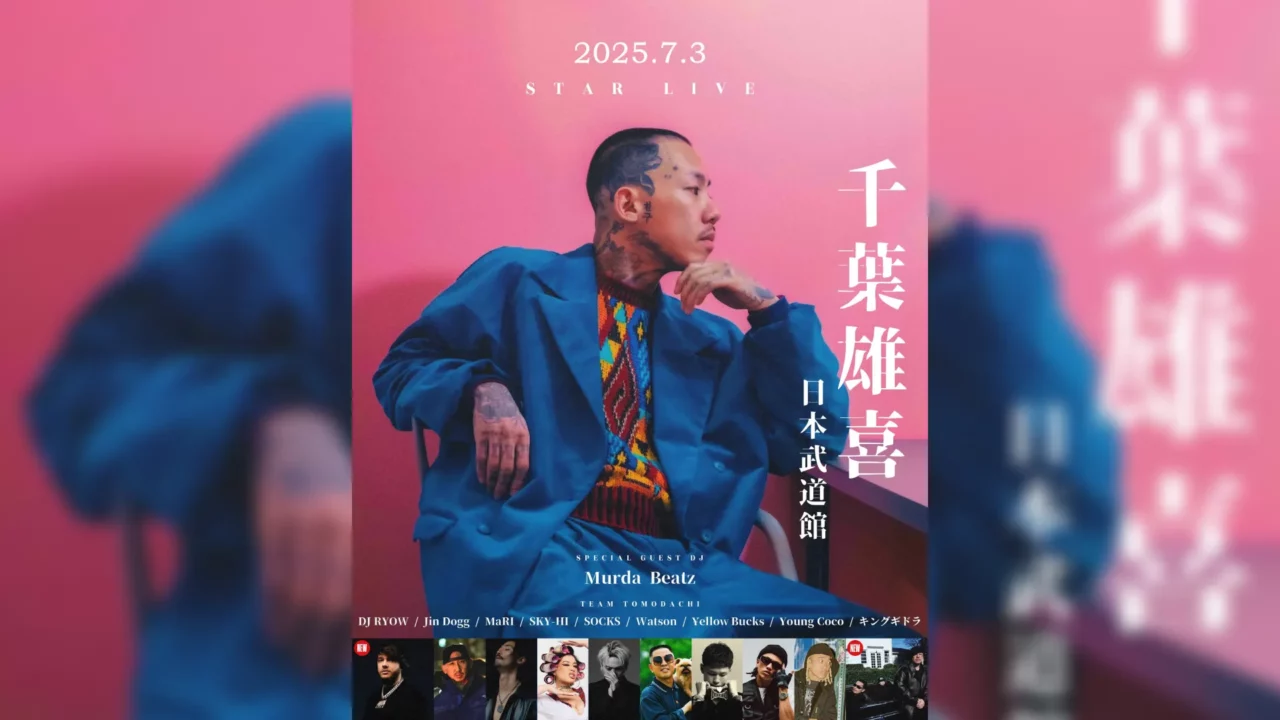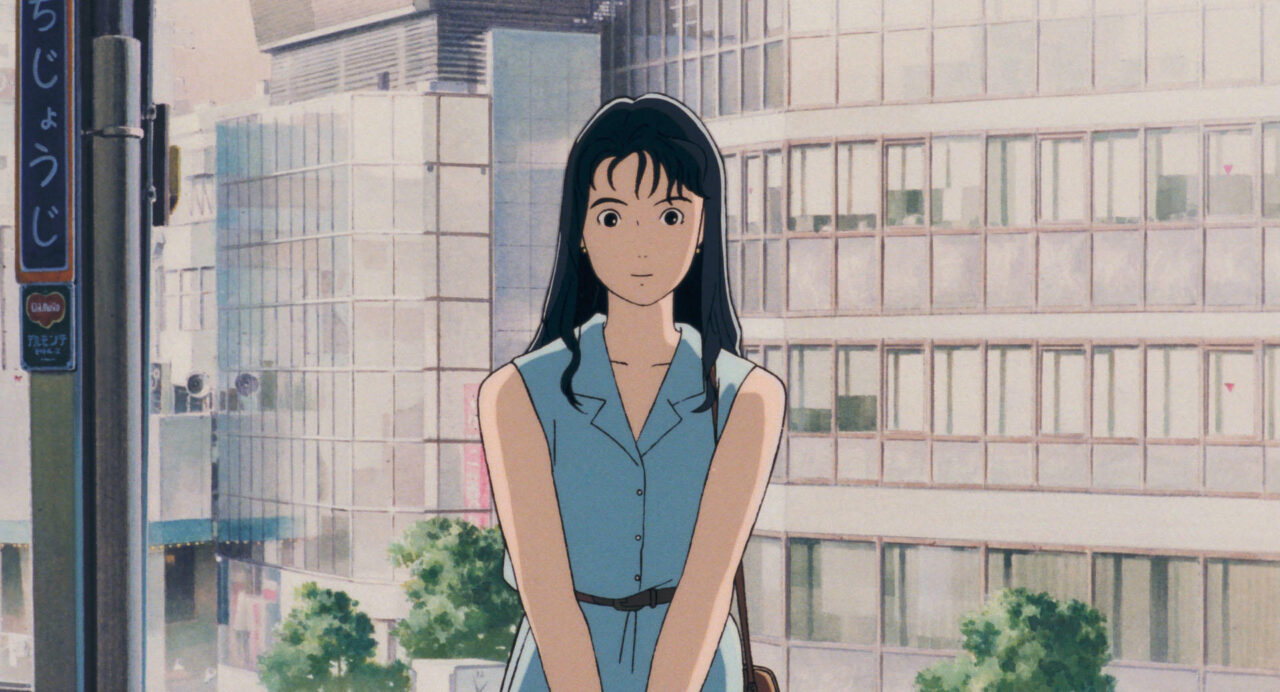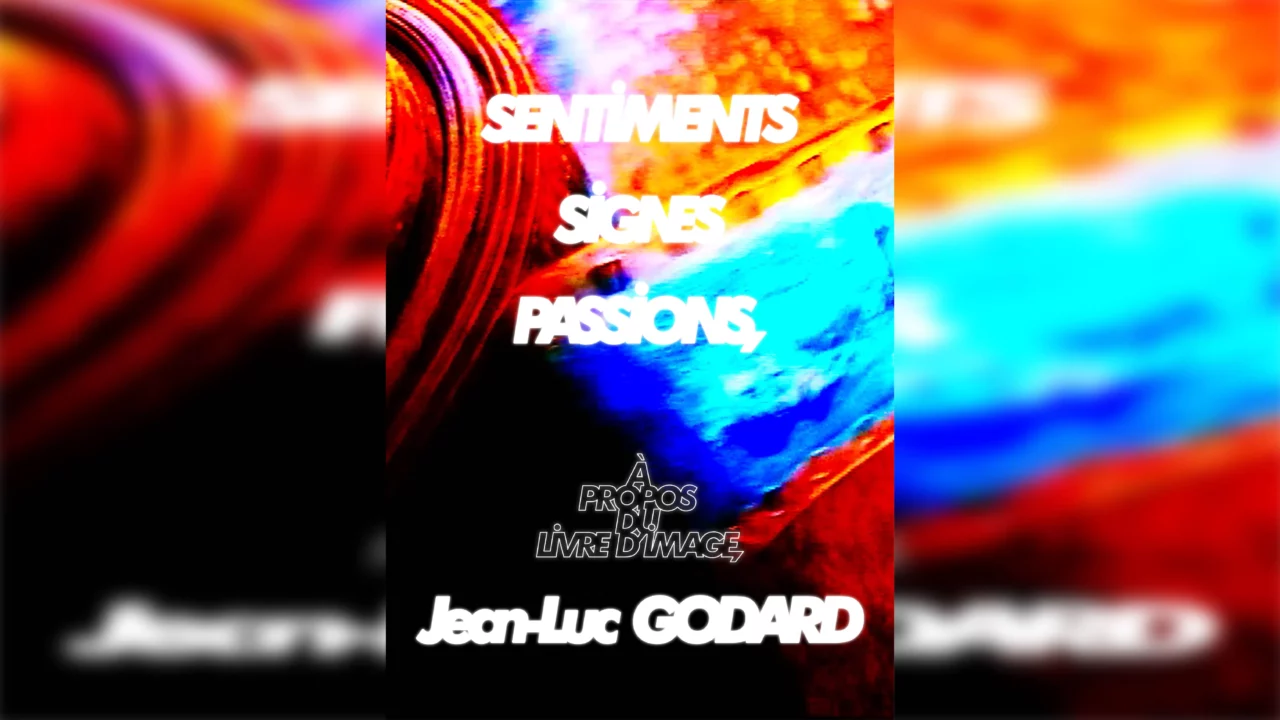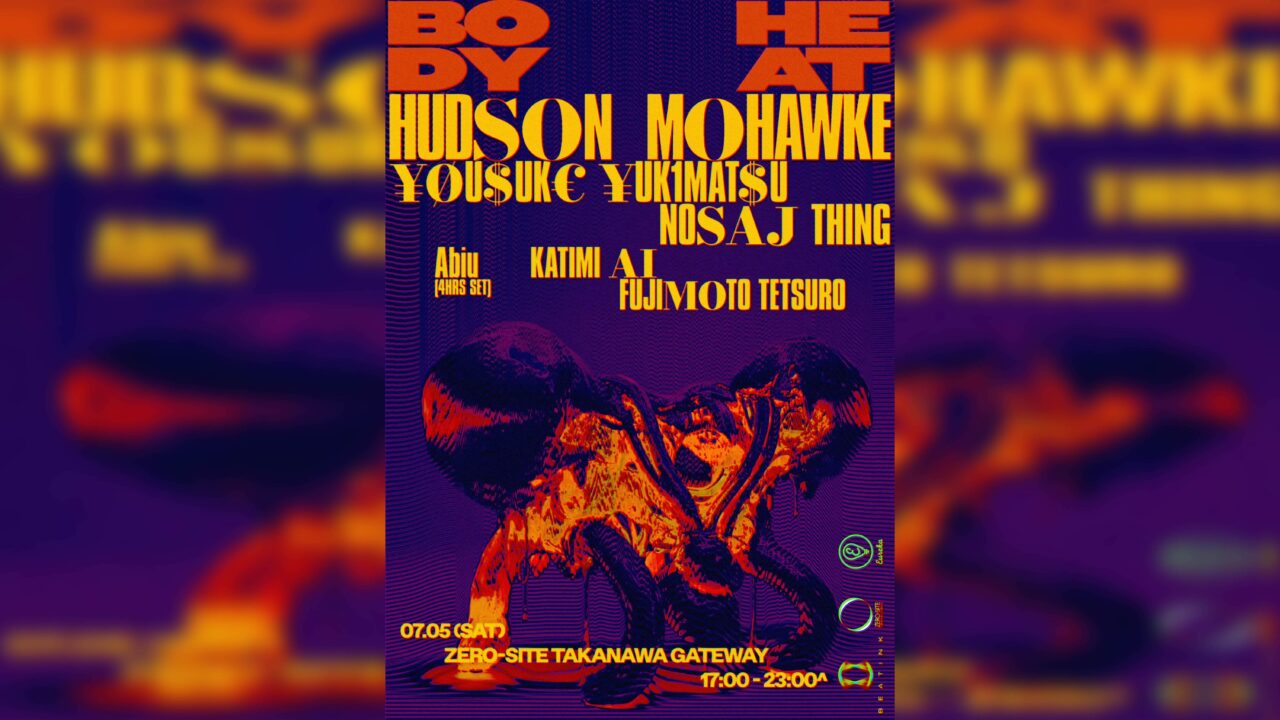Approximately 30 years after ‘Ikaten’ ignited the band boom in Japan, in 2019, a band audition program called ‘The Big Band (乐队的夏天)’ began streaming in China. This show is produced by iQiyi, a leading video streaming platform, and has aired its second season in 2020 and third season in 2023.
The program features bands with diverse musical styles from the Chinese-speaking world competing in a contest. It rapidly became a popular show, sparking a band boom in China. Due to the large population and vast territory, the entire rock scene has scaled up, and there is an increase in music professionals who can sustain themselves in the industry.
While the media has significantly expanded the band scene, how do those who have built the scene through DIY efforts feel about it? To gain insights, I spoke with Carsick Cars, a veteran band that introduced alternative rock values to the underground music scene in Beijing in the early 2000s, selling out tours in major cities. I anticipated that they, as pioneers, would provide a thoughtful perspective, and took the opportunity during their visit to Japan to hear their thoughts.
INDEX
Harmony in Individuality: Crafting a Unique Sound as Trio

Formed in 2005, Carsick Cars is an emblematic indie band that started its activities centered in Beijing, gaining strong support from figures in the Chinese music industry and sophisticated young music enthusiasts. They are affiliated with the music label “Maybe Mars,” which has produced outstanding indie bands in China. The band has accomplished numerous international tours, including the United States and Australia. In 2007, they accompanied Sonic Youth on their European tour, solidifying their status as a rare band continuing to lead China’s indie music scene.
<Comments from Japanese Artists> One of the most memorable moments in my life was the final day of the 2017 China tour spanning seven cities with DYGL. We covered Carsick Cars’ “Zhongnanhai” during the encore. Their music embodies a sound that, despite coming from a distant foreign land, feels just like ours. It’s a sound that exemplifies the straightforward idea that there are people in China who love music and play in bands, just like us. They represent China’s hidden alternative rock! – mitsume, Kawabe Moto https://www.tunecore.co.jp/artists/CarsickCars?lang=ja
I was looking forward to hearing about your long-awaited first show in Japan. I’ve heard that Qing (Dr.) and Weisi (Ba) have a fondness for Japanese anime and video games. Could you please introduce yourselves and share some of your recent recommendations in these areas?
Weisi (Ba): I play games from the 1980s on Steam. I also like Japanese retro games. I started with the first “Final Fantasy” in order, and now I am trying “Final Fantasy VI”.
Qing (Dr.): I saw “THE FIRST SLAM DUNK” 16 times in Chinese movie theaters! Shin Evangelion the Movie” is also great. Our manager applied the personalities of the three of us to Eva and said, “Ching is Shinji, Shawang is Asuka, and Weisu is Rei, right? Maybe she is tired of managing us (laughs).
I heard that you are not much into video games and anime.
Shouwang (Vo&Gt): Well, recently I’ve been watching documentaries about the relationship between hunting dogs and their prey. I thought the relationship between predator and prey was complex and interesting.
Qing (Dr.): Speaking of predator and prey, the final season of the anime “Marching Giants” is about to begin. I am looking forward to watching it in real time in Japan since I will be visiting Japan this time.
BiKN shibuya 2023,” in which Carsick Cars performed, was held on November 3 (Thursday, national holiday), and “The Final Season” of “Shinkage no Kyojin” began its broadcast on November 4 (Friday).

I notice that everyone has distinct hobbies. Carsick Cars has gained legendary status in the Beijing band scene, and their songs, while simple in structure, convey powerful messages and free-flowing ideas. To start, could you share insights into your process and the inspiration behind creating your songs?
Shouwang (Vo&Gt): When we write songs, we usually go into the studio and jam together. We then expand on the idea. As we do this, we apply the lyrics around the inspiration that will be the theme of the song.
Weisi (Ba): Qing and I have a noise music side project called “Snapline,” so we often get ideas from that.
The improvisational interlude of “Zhongnanhai,” a song that is synonymous with Chinese indie rock, is a perfect example of this.
Qing (Dr.): By keeping what the three of us, with our disparate sensibilities, thought was good, the greatest common denominator became the identity of Carsick Cars. The human touch, not the technical one, may be what makes us who we are.
Shouwang (Vo&Gt): I produce young bands, and there are several iconic live music venues in Beijing, and when young people play there, they can produce something good that we can’t produce. Inspiration can be found through young artists.
INDEX
Beijing’s Thriving DIY Culture: A Creative Groundswell
What are the prevailing trends in the Chinese rock scene? Initially, there was a shift toward commercialization preluding the audition program “The Big Band.” How do you perceive its scope and impact from the standpoint of those actively engaged in the scene?
Qing (Dr.): It was usually around 2004-2005 that new bands that were not in the so-called song style started to become active, and I think that they were an important part of the media’s discussion of youth culture from that time. After that, we gradually started collaborating with brands that were deeply connected to the culture, such as Converse and Zippo, etc. I remember well around 2010 when Converse started collaborating with bands and labels.
Weisi (Ba): Along the way, there were opportunities to connect with musicians and events overseas, such as the China-themed showcase at SXSW in the US, and to come together as a “cultural force” to bring the Chinese rock scene to a wider audience.
Carsick Cars participated in the second season of “The Big Band.” Could you begin by sharing the motivations behind your decision to join the show?
Weisi (Ba): My main motivation was “I want a better life!” (Laughs). After you actually performed, you got paid more for your events and had more opportunities to perform.
Shouwang (Vo&Gt): Personally, though, I don’t think it’s healthy for a band that has been doing this for years to become famous by appearing on the show. However, the number of people who are actually interested in indie bands has increased a lot due to the show, so I think that is a positive aspect.
Qing (Dr.): It’s not so much whether or not you get on TV, but rather what kind of show you get on, and this show is the only one in China right now. We didn’t win in the end, but it made us realize that it is not a band like us that is needed for such a show. The Big Band” later went on to collaborate with famous pop singers, so to be honest, I’m glad we didn’t join that trend (laughs).

What do you think about the the influence of this kind of commercialization on emerging bands?
Qing (Dr.): With the emergence of large live music venues and the increase in rental fees (……), there is an aspect of over-commercialization. It’s a bit unfortunate that the old scene of going to a studio on a whim, seeing someone from another band there, jamming lightly, and playing at …… is decreasing. But I guess it can’t be helped, since everyone has to eat.
Weisi (Ba): While live music venues are becoming more commercial, on the other hand, there is a new scene that is returning to DIY. There is a new trend of DIY live performances at factories, parks, and cafes in search of a place to perform. For example, our friends have performed at the event space “fRUITYSPACE,” and there are many interesting live performances there.
Shouwang (Vo&Gt): Yes, when you are pulled by commercialism, a new trend is born that can be a counter to it, so it is not necessarily only the bad side of being commercialized.
Is it a common practice for Chinese bands to consider the acquisition of advertising value as a standard part of their activities?
Shouwang (Vo&Gt): There are bands that want to be on TV and bands that don’t want to be on TV, so there may be a polarization. Whether you can benefit from the media is largely a matter of luck. Commercial capital is always in pursuit of what fits the times, but in music production, I think what you want to express comes first.
Qing (Dr.): Advertising collaborations are supposed to be done because both parties have the same ideas, but nowadays the sponsors’ intentions are inevitably stronger. I would like to see more good collaborations where the artists and sponsors are in agreement.
Weisi (Ba): It is inevitable that underground bands like us cannot get sponsors. We can’t collaborate with “Zhongnanhai” (*) (laughs).
The representative song “Zhongnanhai” from the first album “Carsick Cars” is said to be a song about cigarette brands, and in China, cigarette advertising is completely prohibited under the “People’s Republic of China Advertising Law.
INDEX
Is the Determining Factor in Uncovering Emerging Artists if They Have “Red Eyes”?
As a co-founder of Maybe Mars Records (兵马司唱片), a prominent Beijing-based label that has been releasing Carsick Cars since their inception, you also played a role in establishing Ruby Eyes Records (赤瞳音樂) in 2015. What distinctions can be drawn between these two record labels?
Qing (Dr.): Maybe Mars Records was founded in 2007, and since its inception in the early 2010s, we discovered a lot of cool bands in the post-punk rock genre and built a scene in Beijing. Ruby Eyes Records’ policy is to bring new artists to the surface, regardless of genre.
Shouwang (Vo&Gt): The artists you deal with at Ruby Eyes are multidimensional, but they still carry on the spirit of Maybe Mars, don’t they?

What do you focus on when discovering new artists?
Qing (Dr.): As the label name suggests, do they have “red eyes,” in other words, hot eyes? And, does the work have strength? That’s what I mean. Even if an artist is not famous, there is a sense of shock when you see them live, isn’t there? We want to support such artists. So when I meet an artist that I feel is promising, I always go to see him or her and talk with him or her in depth. Once they are on the label, we support them as if they were our best friend so that their activities can take off.
Beyond mainland China, you’ve curated a tour for the Taiwanese psychedelic surf band Crocodelia (鱷魚迷幻). What prompted you to venture into touring in China, especially considering the relatively modest fan base for psychedelic rock in Taiwan?
Qing (Dr.): Because they had such “hot eyes” too. In some aspects, our connection with Taiwan has been a little weakened by the Corona disaster, but a Taiwanese band that we have been paying attention to recently is “The Murky Crows”. Their music is romantic, so please give them a listen.
What do you learn from the label business and young bands?
Qing (Dr.): The most important thing is to keep listening to new music. Nowadays it is very difficult to create new sounds, so if you are not careful, you can get stuck in a pattern or old values. I think it is important not to become like a “dementia.”
INDEX
On Stage Vulnerability: The Yardstick for an Exceptional Live Show
Carsick Cars has actively taken the stage internationally, such as joining Sorry Youth on their European tour. How has this global experience impacted the band?
Qing (Dr.): It’s a good opportunity for the three of us to face the same direction. We have been together for many years, but we are not a close band that goes out for dinner. But when you leave the country, you have to go through many things together. To use an Evangelion analogy, I imagine the three of us working together in the Third New Tokyo City to face the 10th Apostle (laughs).
Shouwang (Vo&Gt): If I were to compare the experience of this Japan tour to a movie, it would be “Lost in Translation” for me. You feel like you are in a dream because you are in a new environment and don’t understand the language. But when you get on stage, you suddenly wake up and go back to a state where you can feel the reality and the connection with the members and the audience.

How was it playing in Japan this time?
Weisi (Ba): The people at the live venues in Japan are very professional, both in terms of technique and appearance. The band scene has been mature for a long time, so they may not always have the latest equipment, but I didn’t mind that at all. Although live music venues are expanding in China and you see a lot of the latest equipment, you realize that it is only the people who create the live show, and the equipment is only a part of it.
Lastly, observing the endeavors of Carsick Cars, it appears to convey a message of “pursue what you believe in.” What are your reflections on this perspective?
Weisi (Ba): To be honest, I really don’t think that deeply about it (laughs). I continue to do it simply because I love music. But there are a lot of great bands in Asia. Asian rock music is based on Western musical styles and adds its own uniqueness. We take pride in that, and I think everyone should take pride in that.
Qing (Dr.): Not only in music, but also in painting, for example, after seeing a good work of art, you may feel a shock like being struck by lightning, and the sender’s energy, thoughts, and worldview are transmitted to you all at once. In order for people to have that kind of feeling with music, it is necessary to expose all of oneself in a live performance, and the criterion for a good live performance is whether one is able to do so. As a result of this being communicated, “Do what you want!” Maybe that’s what they felt.
Shouwang (Vo&Gt): Making music is the starting point of everything, and the three of us share the common value of thinking that there is no point in living if we don’t do so. I think we can say with confidence that the sound we have created with these members is the same sound that we have been making since the band was formed.







